Even when artificial intelligence develops strongly and changes every profession, whether it is necessary to train programmers is also a question that is raised and has many conflicting opinions.
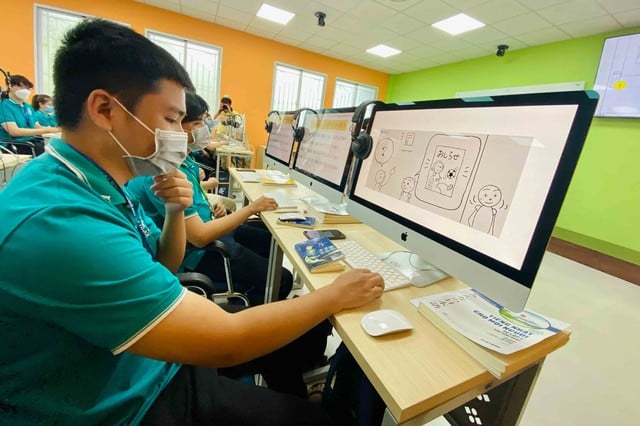
Students of University of Information Technology (Ho Chi Minh City National University) in class
PHOTO: HA ANH
39% of skills will change or become obsolete in the next 5 years
At the workshop "Information and Communication Technology (ICT) Training in the Era of Artificial Intelligence (AI)" organized by the University of Information Technology (Ho Chi Minh City National University) in collaboration with the Vietnam Information and Communication Technology Club (FISU Vietnam) last weekend, Associate Professor, Dr. Nguyen Hoang Tu Anh, Rector of the University of Information Technology (Ho Chi Minh City National University), acknowledged: "In the context of AI and ICT increasingly penetrating into all aspects of life, training human resources in these two fields is no longer just to meet career needs."
Citing two major 2025 reports by Stanford University and the World Economic Forum (WEF), Associate Professor Tu Anh pointed out that AI and ICT training are becoming a strategic foundation for digital transformation, narrowing skills inequality, enhancing national competitiveness and directly contributing to global sustainable development. According to WEF, AI and information processing are the technology trends with the strongest transformational impact on businesses in the period 2025 - 2030, with 86% of employers predicting they will be affected.
In addition, Stanford University recorded that 78% of global businesses will use AI by 2024, with Generative AI applied in diverse fields such as marketing, operations, and customer care. WEF predicts that 39% of existing skills will change or become obsolete in the next 5 years. Along with AI, networking and cybersecurity, technology literacy is the fastest growing skill group. In addition, 63% of businesses believe that skills shortage is the biggest barrier to digital transformation.
"The WEF warns that slow technological adaptation could lead to the loss of 92 million jobs and the creation of 170 million new jobs, equivalent to 22% of the current workforce. Thus, data and forecasts from Stanford University and the WEF both confirm that AI and ICT training not only serves individual needs, but is a strategic foundation for countries to adapt to digital transformation, narrow inequality, compete in the global economy and develop sustainably in the 21st century. Governments, businesses and educational institutions need to invest drastically and synchronously to shift from awareness to action," Associate Professor Tu Anh added.
In that context, Associate Professor, Dr. Nguyen Hoang Tu Anh said: "We are all facing a big question: What is the significance of information technology training in the AI era? Will the current training model still be suitable and effective in the future? In the past time, we have heard many articles and conflicting information about whether we still need to train programmers or not, when AI is developing strongly and changing every profession".
For example, at the World Government Summit in Dubai (United Arab Emirates) early last year, Nvidia CEO Jensen Huang said that young people are no longer encouraged to learn because AI is doing it. This statement has caused a lot of controversy in recent times.
Change the way of training
Associate Professor, Dr. Nguyen Hoang Tu Anh added: "Training in information and communication technology will not only meet the urgent needs of society, but also create a new breeze, bringing excitement to both lecturers and students. AI is not only a challenge but also an opportunity for us to create new teaching and research methods, helping the young generation develop comprehensively in knowledge, thinking, skills and creativity."
In response to the above question, Dr. Nguyen Anh Tuan, Principal of Ho Chi Minh City University of Foreign Languages and Information Technology, said: "Universities all realize this - AI is too powerful in programming, changing many ways of teaching and learning information technology. However, system thinking still requires humans. Coder/construction programmers will be replaced by AI, but system architects, people with creative thinking, are always needed. Information technology engineers with the support of AI are even stronger". However, Dr. Tuan added: "AI cannot replace humans, but those who know how to use AI will replace those who do not know AI. Therefore, universities are making certain changes in different ways, but the most common is still basic training and thinking".
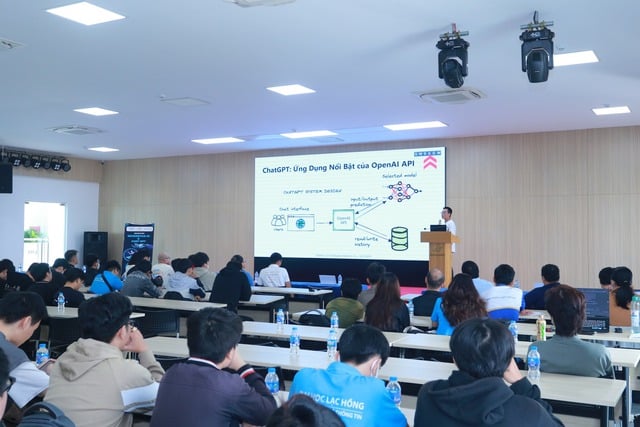
AI applications are becoming more and more popular, especially among young people.
photo: thanh nam
According to Associate Professor Dr. Nguyen Van Vu, Deputy Head of the Faculty of Information Technology, University of Science (Ho Chi Minh City National University), current information technology training programs often have basic knowledge such as mathematics, algorithms, operating systems, networks, databases and programming skills. This is the necessary knowledge to help understand and master AI technologies. Associate Professor Dr. Nguyen Van Vu added: "AI solutions help or replace us to do many things, but also need someone, a company, an organization to develop, build, maintain and operate it". "If we want to master, not want to depend on the technology of others, other countries, we must train human resources with specialized knowledge and skills to build and develop AI. Programming training is also necessary for this reason", Associate Professor Vu affirmed.
The Deputy Head of the Faculty of Information Technology at the University of Natural Sciences added: "In addition, I think Jevons' paradox can still be applied. Once the development of software and information technology systems is carried out quickly thanks to AI, the demand for software and information technology applications will increase and the number of information technology engineers will also increase accordingly."
When asked about how the training of IT engineers in universities should change, Associate Professor, Dr. Nguyen Van Vu said that the training program should simultaneously integrate training for the team building foundational technology, the team developing and applying AI solutions. The program should integrate the application of AI tools and knowledge of developing AI solutions. Skills in dialectical reasoning, systematic thinking; ethics, security and system safety; multidisciplinary and interdisciplinary thinking are essential in the training program. "Output standards as well as assessment methods need to change to be more suitable in the context of AI," added the Deputy Head of the Faculty of Information Technology, University of Science.
Research on integrating AI educational content into the curriculum
At the workshop, Dr. Nguyen Son Hai, Deputy Director of the Department of Science, Technology and Information (Ministry of Education and Training), shared some orientations for applying AI in education.
In Vietnam, educational institutions, teachers, administrators and a number of learners have proactively applied AI to support their work, initially promoting benefits, but posing many potential risks, especially for high school students, when they do not understand correctly and use AI incorrectly.
Applying AI in education is an inevitable trend. Teachers and educational administrators must be the pioneers in applying AI in their professional work, guiding and instructing learners to use AI responsibly.
In the four groups of solutions mentioned, the representative of the Ministry of Education and Training emphasized the development of institutions and policies on AI application in education. In addition, it is necessary to raise awareness and develop AI application capacity, including research on integrating AI education content into general education programs, university training programs and vocational education, ensuring suitability for each group of subjects and level of education.
Source: https://thanhnien.vn/ai-phat-trien-co-can-dao-tao-lap-trinh-vien-18525042218112189.htm


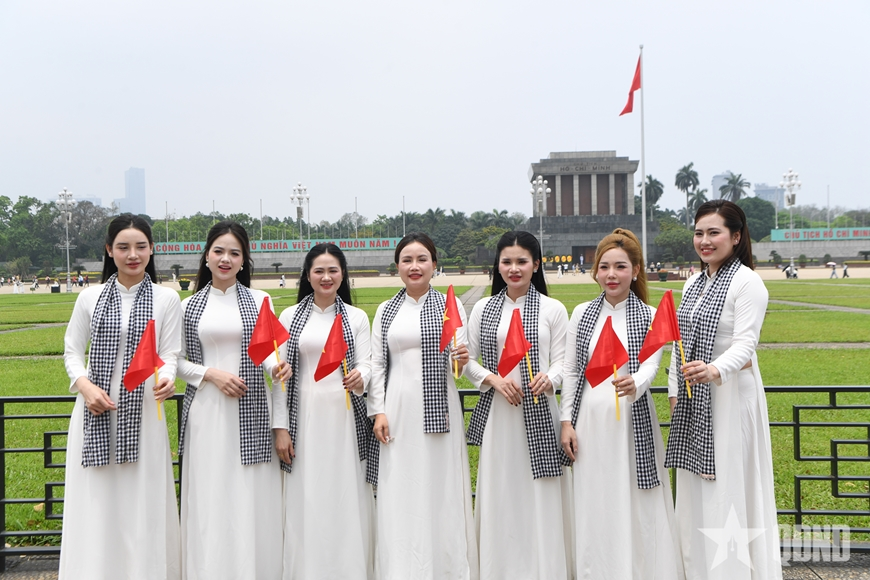
![[Photo] President Luong Cuong meets with Lao National Assembly Chairman Xaysomphone Phomvihane](https://vstatic.vietnam.vn/vietnam/resource/IMAGE/2025/4/25/dd9d8c5c3a1640adbc4022e2652c3401)
![[Photo] General Secretary To Lam receives Philippine Ambassador Meynardo Los Banos Montealegre](https://vstatic.vietnam.vn/vietnam/resource/IMAGE/2025/4/24/6b6762efa7ce44f0b61126a695adf05d)

![[Photo] President Luong Cuong holds talks with Lao General Secretary and President Thongloun Sisoulith](https://vstatic.vietnam.vn/vietnam/resource/IMAGE/2025/4/24/98d46f3dbee14bb6bd15dbe2ad5a7338)
![[Photo] Liberation of Truong Sa archipelago - A strategic feat in liberating the South and unifying the country](https://vstatic.vietnam.vn/vietnam/resource/IMAGE/2025/4/25/d5d3f0607a6a4156807161f0f7f92362)











































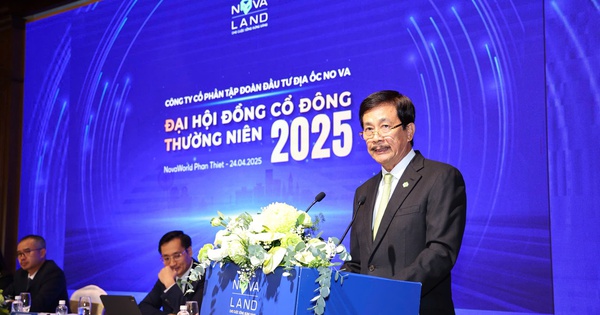

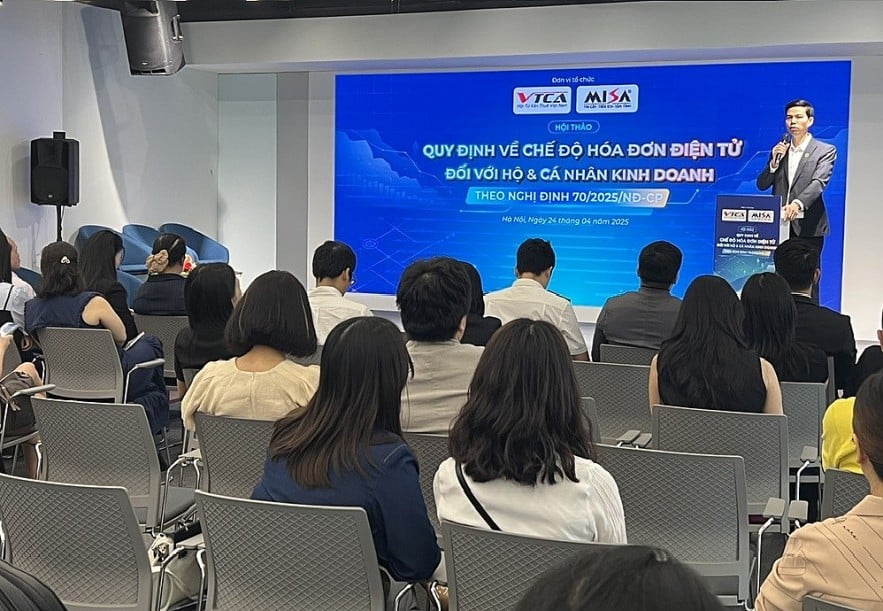













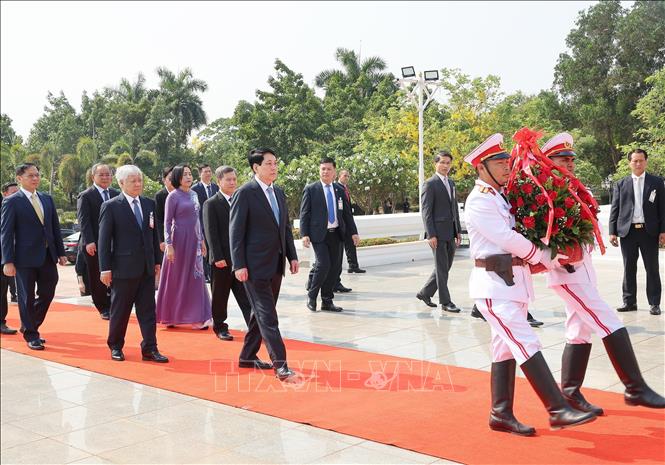

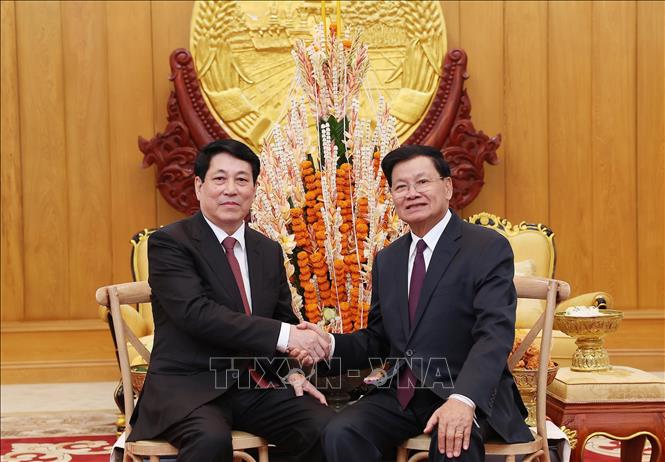



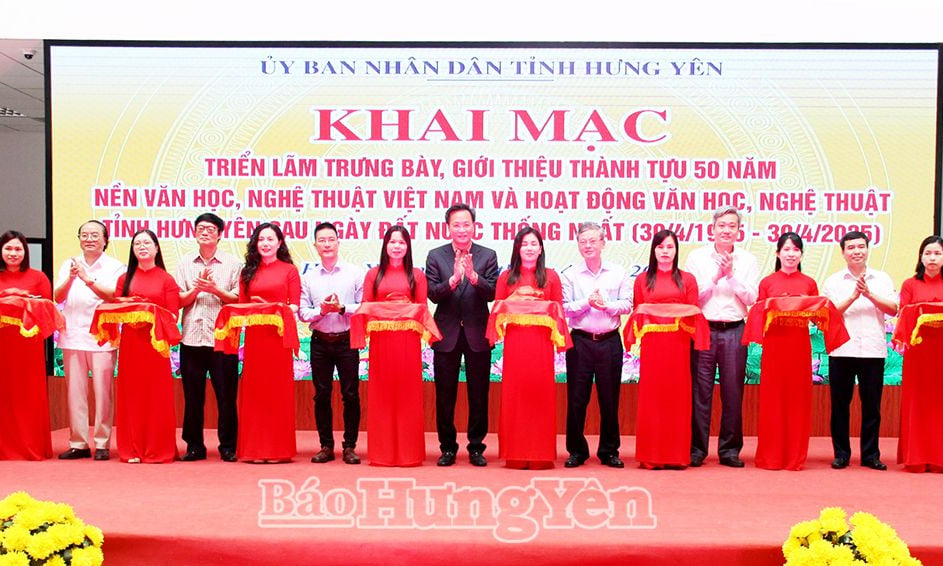
















Comment (0)